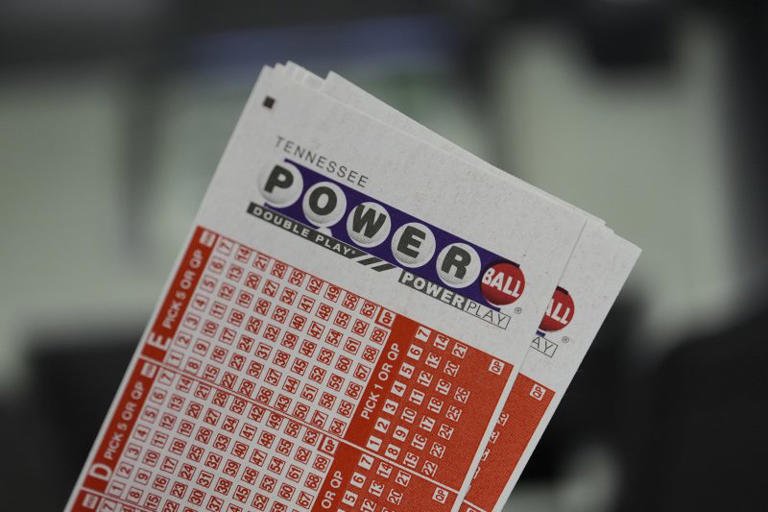The country is in the grip of lottery fever. With no one holding the winning ticket in the most recent drawing, the jackpot has soared to a staggering $1.3 billion, making it one of the largest prizes in U.S. history. This astronomical amount ignites a nationwide frenzy, prompting millions to buy tickets and daydream about a life of luxury. Yet, while the prospect of instant wealth is a universal fantasy, the reality of winning can be a difficult, and even dangerous, proposition. The Powerball $1.3 billion jackpot presents a classic example of this phenomenon, where dreams can quickly turn into a financial nightmare without a clear plan.
What Happened to the Powerball $1.3 Billion Jackpot?
The jackpot has been growing steadily for months, with no one matching all six numbers since May. As of now, the massive prize remains unclaimed. The next drawing is set for Wednesday night, continuing the suspense for millions of hopeful ticket-holders. The sheer size of the prize has pushed it to the fifth-largest in the game’s history. While this is certainly good news for the winner, the staggering amount also comes with overwhelming pressure. The lump-sum cash option, for instance, is a massive amount of money to manage, and it can become a curse for those who are unprepared.
The Psychology Behind the Powerball Frenzy
The draw of a jackpot this size is powerful, and much of it is psychological. Experts point to “availability bias” as a key factor. When we hear countless news stories about winners, our minds assume the odds of winning are higher than they truly are. We focus on the one lucky person while ignoring the millions of tickets that lost. This phenomenon is further amplified by the “gambler’s fallacy”—the irrational belief that a string of losses makes a win more likely. The collective hope and desperation create a massive surge in ticket sales, driving the jackpot even higher and fueling the next round of psychological bias.
From Dreams to Debt: The Winner’s Dilemma
The stories of lottery winners who ended up broke are sadly common. The sudden influx of cash can lead to emotional turmoil, a loss of purpose, and a parade of long-lost relatives and friends asking for a handout. This is the very real “winner’s dilemma” that comes with a prize like the Powerball $1.3 billion jackpot. Many winners make a series of rapid, irreversible financial mistakes. For example, they may go on lavish spending sprees, invest in bad business ventures, or give away too much money too quickly. This lack of financial discipline can leave them in a worse situation than before they won.
Expert Advice for the Powerball $1.3 Billion Winner
If you happen to be the lucky winner, financial experts agree on a few crucial steps. First, sign the back of your ticket and store it in a secure location, like a bank vault. Second, and most importantly, tell no one. Maintain complete confidentiality until you have assembled a professional team. This team should include a trusted attorney, a CPA to navigate the significant tax implications, and a fee-only financial advisor. Only with this team in place should you choose between the lump-sum or annuity payout. Creating a long-term plan will ensure the Powerball $1.3 billion prize becomes a blessing, not a burden.















